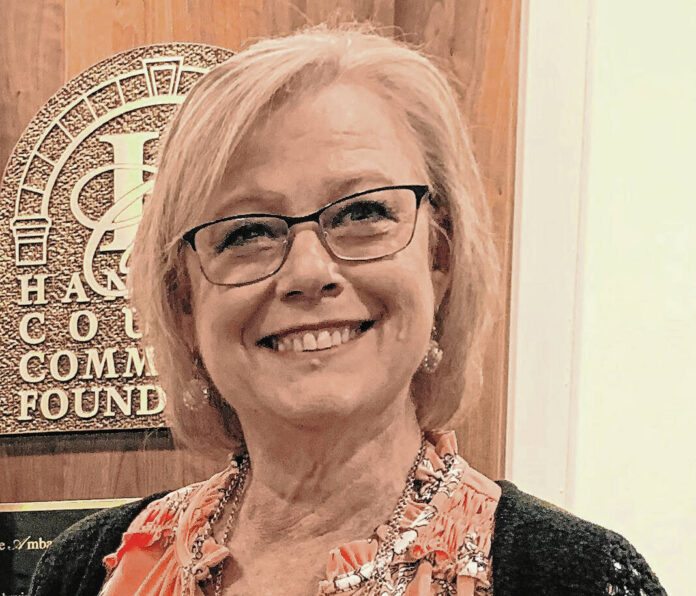HANCOCK COUNTY – Officials have decided to turn away federal grant money for an addiction treatment program and make up the difference with $75,000 in county funds.
Leaders say it will allow the program to avoid a restriction in the grant and help more people suffering from substance use disorder.
Hancock County Drug Court, which started in 2004, provides a two-year, treatment-focused program made up of five phases. For years, a grant from the Bureau of Justice Assistance helped fund the court’s budget, which the county has always contributed to as well. The latest grant award was for $289,000 split across four years. County officials decided to turn away the amount for 2023, however, which would have been the fourth and final year of the latest award. The Hancock County Council approved $75,000 to make up the difference on top of the slightly over $94,000 the county was already funding for the program this year.
Beth Ingle, Hancock County Drug Court coordinator, said grants are not designed to be sustainable but also noted a restriction in the Bureau of Justice Assistance grant that doesn’t allow participating drug courts to accept anyone charged with or convicted of a violent offense. She said the drug court typically doesn’t accept applicants with histories of higher-level offenses like battery with a deadly weapon and armed robbery anyway, but that those with offenses like battery and domestic battery are also barred from the program, even if those offenses occurred years ago and even if charges were dismissed. Offenses like battery and domestic battery often stem from someone getting high or drunk and hitting their wife or husband due to an underlying substance use disorder, Ingle continued.
The county’s drug court screened about 400 people from January to September 2022, Ingle said, adding well over half and possibly upward of 75% were ineligible because of a violent offense in their past. Many of those offenses were major, she noted, so wouldn’t be accepted anyway.
“But the problem was we’re trying to expand to have more people in the program, to help more people,” she said.
The program is currently serving 14 people, with 20 pending.
“I’ve never had 20 people at once that have been in the screening process that are actually eligible,” Ingle said. “All 20 might not come in for one reason or another, but … we’ve already been able to screen a lot more people.”
Along with Ingle, the drug court is staffed by a field officer and a part-time mental health and veterans navigator. Ingle said the court could serve a capacity of up to 100 participants.
“I’m happy the county is supporting us,” she said. “It shows that they believe in the program. It’s a very intensive program, it’s not an easy program, but it definitely is needed in our county to help fight the substance use disorders and stop the overdoses, save lives.”

Keely Butrum, a Hancock County Council member, said she supported the decision to allocate more local funds to the drug court because of the infrastructure already in place to run it.
“Personally I’ve had the opportunity to meet and speak with people in it and I am a very big fan of the program, and I would hate to see us have all of these people and the infrastructure in place and have hardly any participants because of the restrictions that were tied to that grant,” Butrum said.
Ingle said the drug court’s success rate as of July 13, 2022 was 52%, which she added is well in line with drug courts across the nation. The program’s retention rate was also 52%, she continued, adding it’s reduced recidivism by 70%.





